Table of contents
Introduction: Unraveling the Complexities of PCOS
Polycystic Ovary Syndrome (PCOS) is a multifaceted and prevalent endocrine condition affecting a significant number of women of reproductive age globally. This enigmatic disorder, characterized by hormonal imbalances, ovarian cysts, and metabolic irregularities, presents a myriad of challenges that extend beyond its physical manifestations. PCOS not only disrupts the delicate dance of reproductive hormones, but it also has implications on the mental health of those affected. As we delve into understanding PCOS, we will explore not only its physical symptoms, but also shed light on the often-overlooked impact on mental well-being, emphasizing the need for a holistic approach to address the profound effects of this syndrome on women's health.
PCOS Symptoms and Their Emotional Undertones: A Deeper Dive
PCOS presents itself in varied ways amongst affected individuals. Prevalent symptoms include: irregular periods, weight gain or difficulty losing weight, acne, hair loss, ovarian cysts, excess body hair, fatigue, low libido, cravings, mood changes, and various other manifestations. While the primary symptoms of PCOS are related to the reproductive system and hormonal imbalances, many women also experience mental health implications as a result of their diagnosis and symptoms, often asking themselves what are the mental symptoms of PCOS in females.
Many women with PCOS struggle with mood swings along with self-esteem and body image issues as a result of their symptoms, a battle I know intimately from personal experience. This often leads to the question, does PCOS cause mood swings? The struggle extends beyond personal acceptance to a negotiation with societal beauty standards. PCOS patients may experience negative perceptions of their self-image, including discontent with their physical appearance, a sense of diminished femininity, and a reduced perception of sexual attractiveness. The journey is a test of resilience, highlighting the far-reaching effects of PCOS on the lives of women.
Mental Health Disparities in PCOS: Beyond the Statistics
Delving deeper, women with PCOS have a substantial risk for experiencing mental health challenges and/or depressive disorders (defined by the Diagnostic and Statistical Manual of Mental Disorders-IV). Studies have shown that women with PCOS are more likely to suffer from symptoms of psychological distress, such as depression and anxiety. Research has also revealed that women with PCOS were more likely to suffer from anxiety disorders or depression, compared to women who do not have PCOS, and that the syndrome may be a risk factor for depression and anxiety (Wang et al, 2023). This connection highlights the need for awareness around PCOS and depression, as well as PCOS and anxiety.
All of this begs the question: why do individuals with PCOS have a higher likelihood of facing mental health challenges, including menstrual depression? The answer lies in the intricate interplay between hormonal imbalances, blood sugar fluctuations, and the challenges associated with fertility. PCOS disrupts the delicate balance of hormones in the body, leading to irregularities that can influence brain chemistry, mood, and well-being. The rollercoaster of blood sugar levels associated with the condition contributes to symptoms like brain fog and irritability, further impacting mental health. Additionally, the difficulty in conceiving/infertility adds another layer of emotional distress, creating a complex web that intertwines physical and mental health challenges for those with PCOS.
While many of the physical symptoms are recognized and treated by medical professionals, far too little attention is prioritized on the emotional, psychological, and mental well-being of women with PCOS. Research reveals that despite the considerable psychological struggles faced by those with PCOS, only 5% of these patients have received professional mental health support (Wang et al, 2023). For a more effective and comprehensive treatment strategy for individuals dealing with PCOS, it is imperative to recognize and address the mental aspect of their symptomatology.
From Stress to PCOS Symptoms and Back: Understanding the Vicious Loop
PCOS and stress often engage in an intricate relationship, influencing and intensifying the other. The body's stress response can elevate cortisol levels, disrupting the delicate hormonal balance and aggravating the symptoms of PCOS. Elevated levels of cortisol, the stress hormone, may further disrupt insulin sensitivity and contribute to irregular menstrual cycles, exacerbating the existing challenges posed by PCOS. Alternatively, the daily struggles of managing PCOS, from hormonal imbalances to fertility concerns, can in themselves become stressors. The emotional toll of navigating these symptoms can trigger stress, setting off a cyclical pattern where stress worsens PCOS, and PCOS, in turn, fuels stress. Breaking this cycle involves adopting effective stress management strategies to create a more harmonious equilibrium for both the body and the mind.
Embracing Community: Navigating PCOS with Collective Strength
Seeking support from friends, family, or support groups is crucial for those navigating the challenges of PCOS and mental health. The journey can be overwhelming, but the power of a supportive community cannot be overstated. One client of mine, who embarked on a holistic journey to her PCOS healing, highlights she not only witnessed improvements in her physical and mental well-being but also experienced a shift in perspective. The emphasis on cultivating a healthy relationship with food and movement, rather than fixating on the scale, exemplifies the profound influence of a holistic support system. Likewise, sharing experiences within a community fosters understanding, empathy, and a sense of belonging, providing individuals with the strength and resilience needed to navigate the complexities of PCOS and mental health. It's a reminder that, in the face of such challenges, you are not alone, and together, the journey becomes more manageable and hopeful.
PCOS Wellness Toolkit: Proactive Strategies for Mental Resilience
Embracing the holistic journey to balance brings opportunities for mental resilience, personal growth, and empowerment. Incorporating self-care practices tailored to address the unique needs of individuals with PCOS such as nervous system regulation practices which includes meditation, breathwork, restorative sleep, and yoga have been shown to help with bringing the body back to homeostasis. Another favorable approach to addressing holistic healing is Cognitive Behavioral Therapy (CBT), a technique that focuses on identifying and challenging negative thought patterns.
By understanding the connection between thoughts, feelings, and behaviors, individuals can learn to reframe negative thinking, manage stress, and boost self-esteem. Additionally, exploring medication and supplementation options under the guidance of a healthcare professional can play a vital role in improving mental health.
Recognizing the Signals: When It's Time to Seek External Aid
If individuals find their symptoms interfering with daily life or relationships, seeking professional help is imperative. When you are ready to be vulnerable and honest, that’s when you’ll notice a true shift in your healing. Be prepared to discuss specific symptoms, their impact on daily functioning, and any patterns noticed. Sharing a comprehensive picture of the mental health challenges will enable the healthcare provider to tailor an effective treatment plan, which may include therapy, medication, or a combination of both. Remember, seeking help is a sign of strength, and addressing mental health alongside PCOS can lead to a more holistic and effective approach to overall well-being.
Conclusion
PCOS can feel overwhelming, but there's comfort in the fact that various resources and strategies are available to help ease the path. Remember, you're not alone in this—many others share similar experiences and emotions. By keeping this dialogue alive, we create a space where understanding flourishes, and people feel encouraged to share their stories without fear or judgment.
Let's cultivate a community that uplifts and empowers, making sure that everyone affected by PCOS knows they are heard, understood, and supported. Together, through kindness, awareness, and shared experiences, we can navigate the challenges of PCOS with resilience and compassion. Wherever you are on your journey, I’m sending you so much love, and reminding you that you are not alone and you deserve to feel seen.
References:
https://www.sciencedirect.com/science/article/pii/S0015028207040873
https://www.tandfonline.com/doi/full/10.1080/0167482X.2023.2218987
https://www.sciencedirect.com/science/article/pii/S0015028218302838



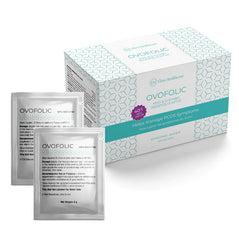
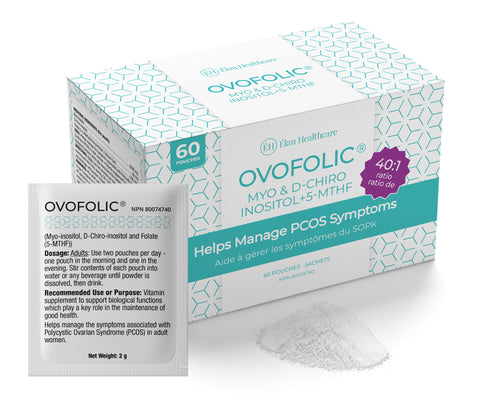
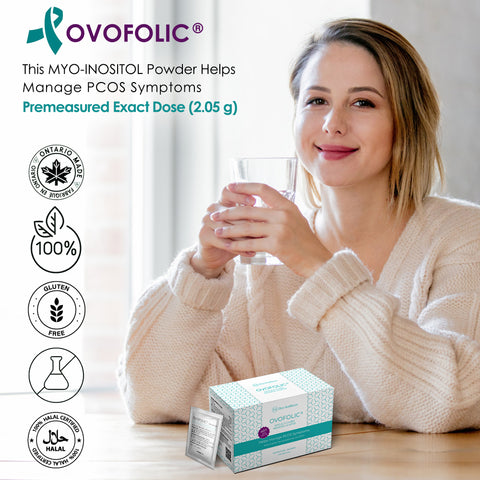
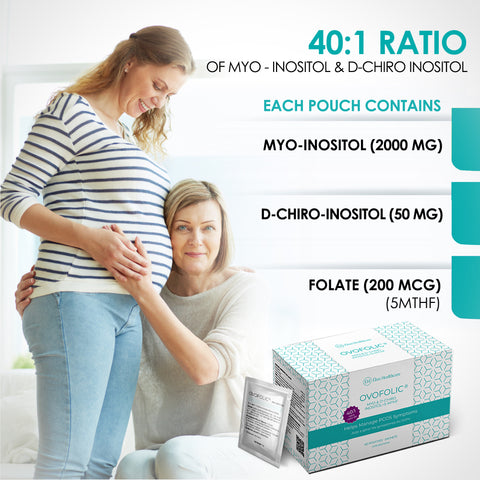

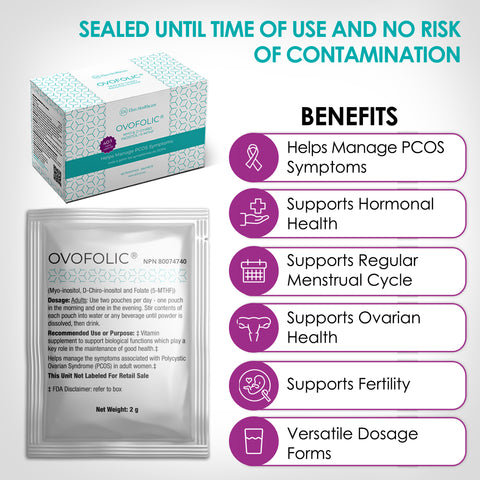
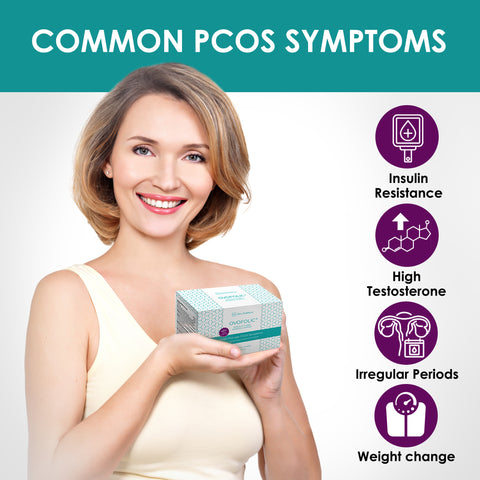
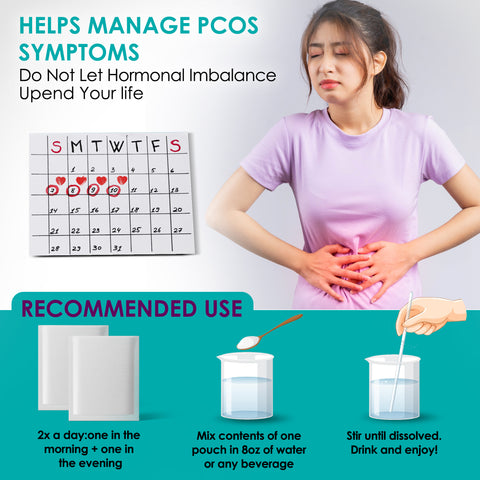
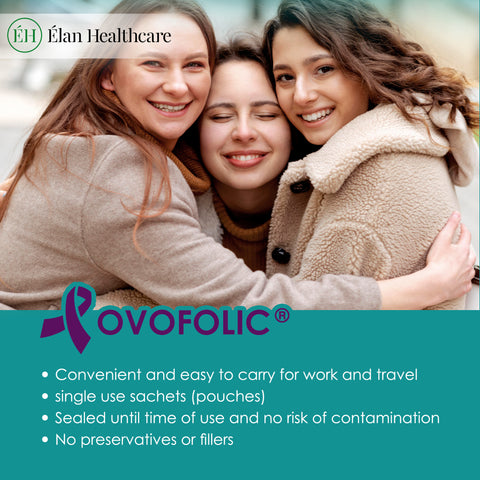
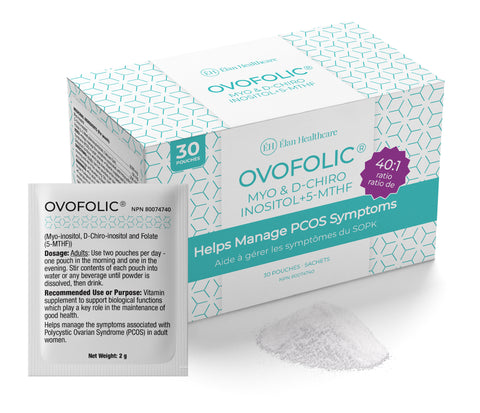
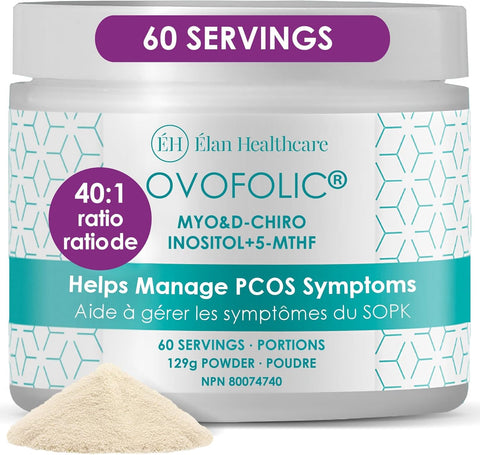
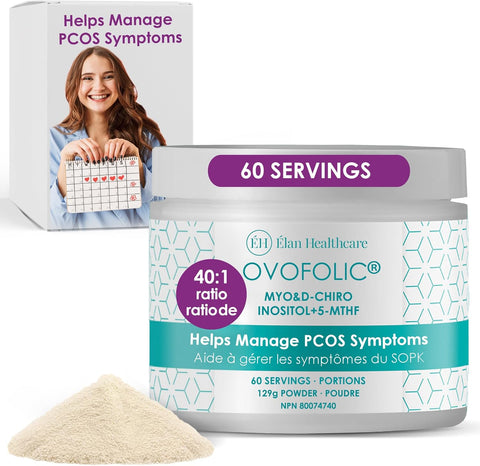
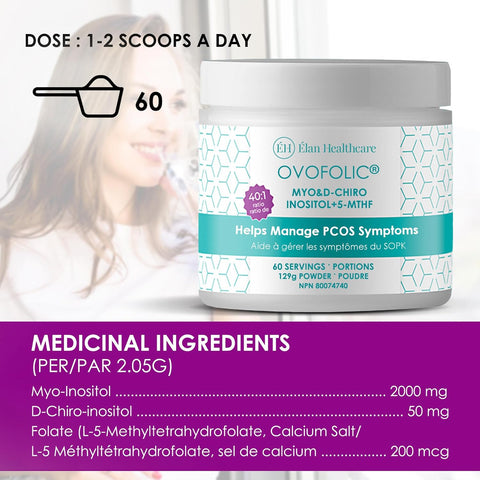

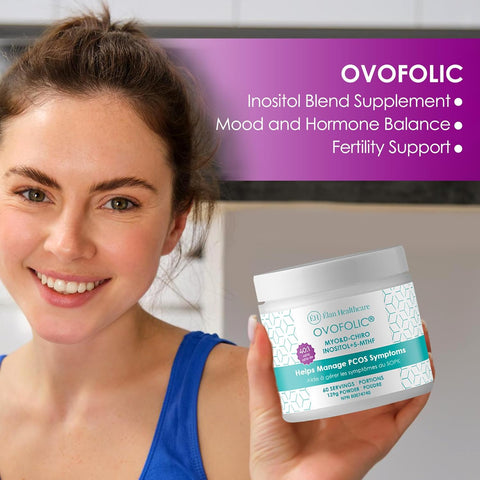
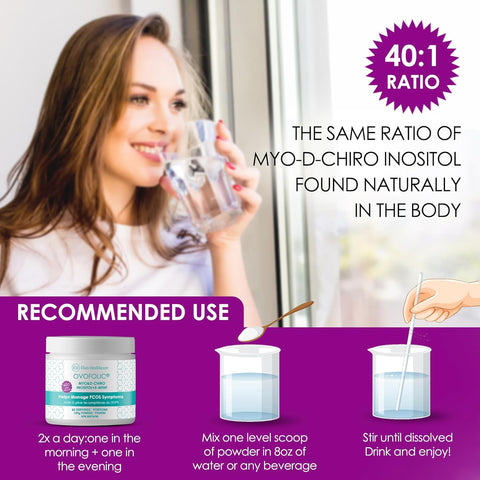
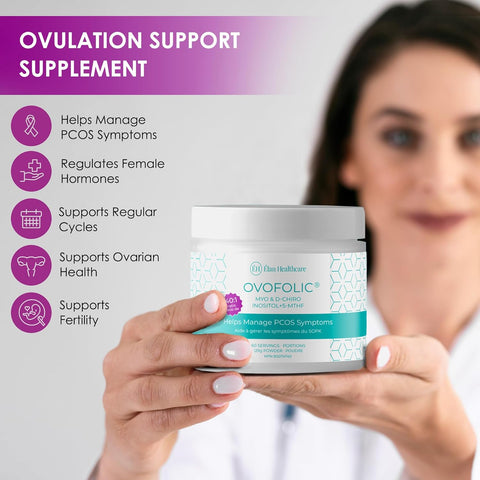
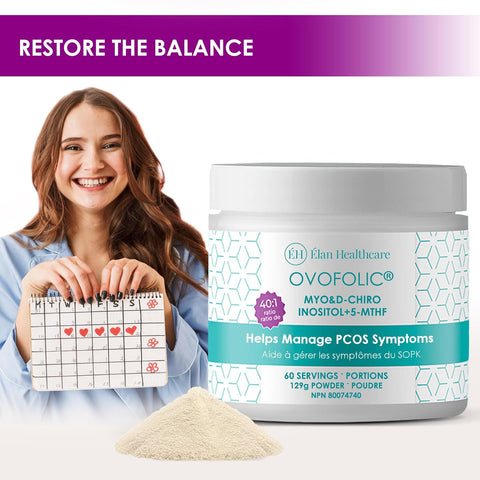

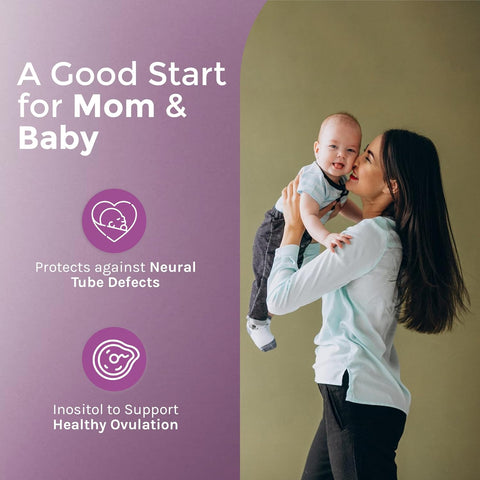


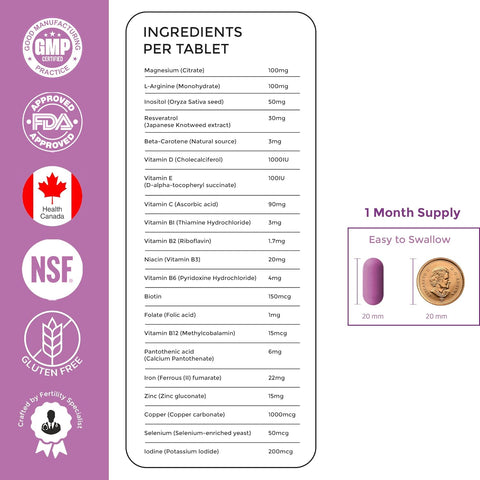

No comments yet.
There are no comments for this article. Be the first one to leave a message!
+ Open to leave a Comment